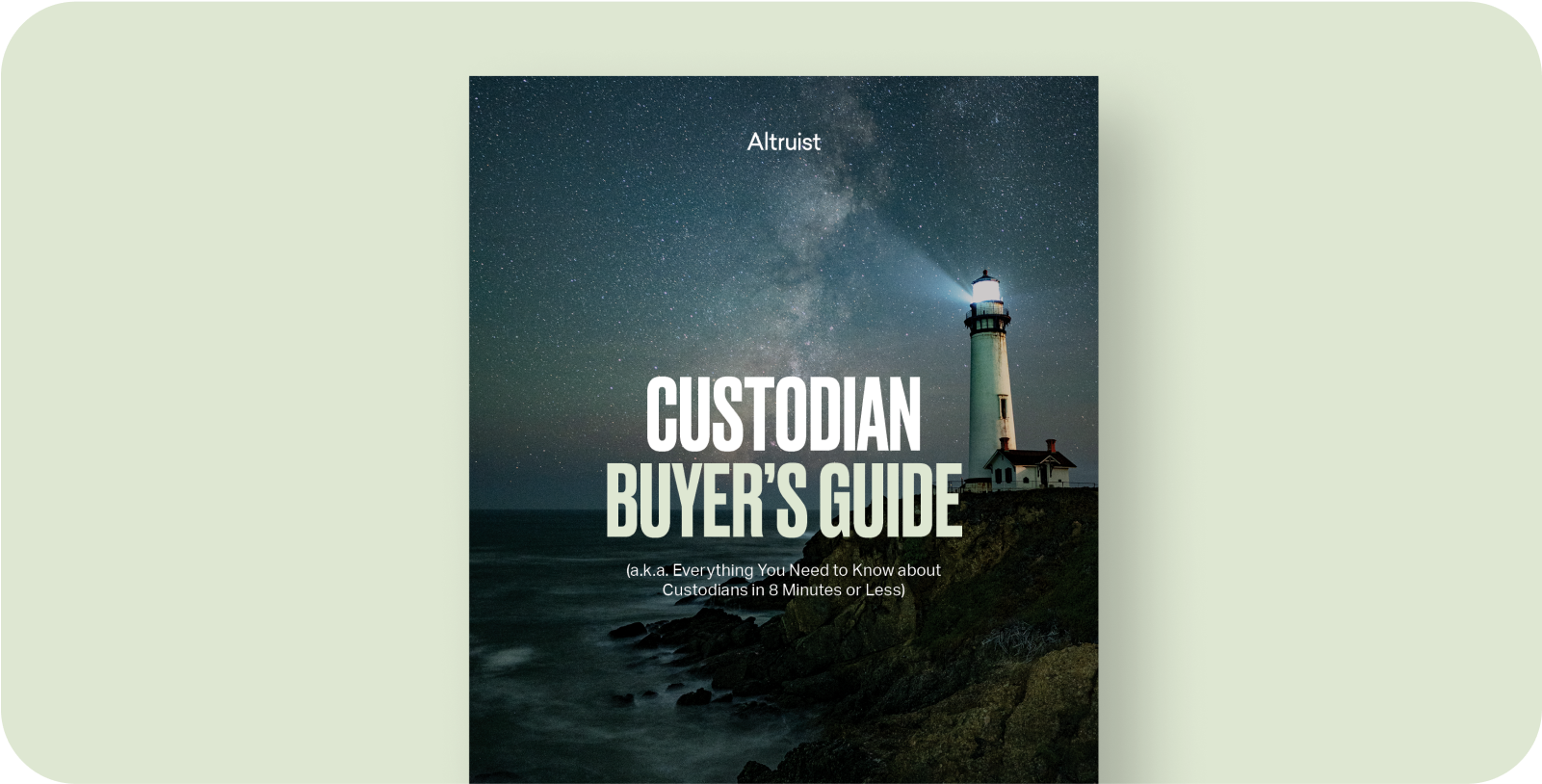Chances are, you leveled up from being a good enough financial advisor to a great advisor when you recognized the importance of communication.
A great financial advisor has great people skills – when you focus on communication, you’re positioned to better understand your client’s goals, provide more personalized service, and nurture lasting, mutually beneficial partnerships.
Here, we’re going to talk about how one specific communication skill–the art of asking questions–can be the key that unlocks greater client satisfaction, longer-term relationships, and more frequent referrals.
We’ll discuss the value of rapport and trust, the psychology-backed categories of great questions, and how to use your newfound question-asking (and answer-listening) superpower in real life. These strategies will help you nurture current clients, strengthen existing bonds and form new ones, and get the most out of every meeting.
Building rapport has never been more important
Rapport is the sense of comfort that exists between people. As an advisor, rapport takes meetings from the territory of spreadsheets and numbers to the more empathetic world of trust and understanding. Only when you understand circumstances, context, goals, dreams, and fears can you create a full picture of what your client needs–and the best way to get them there.
Of course, there’s a difference between having great rapport and just getting along with someone. While you want to establish trust and make your client comfortable, remember to maintain professionalism, stay on task, and avoid seeming too casual. Be respectful, professional, and focused.
On the client side of things – especially for new or prospective clients – meeting with an advisor can be stressful. Good questions–and good listening–can be a major stress reducer. When you ask your clients questions, prepare yourself to hear the answers. Stay present, avoid interrupting, and use nonverbal cues like nodding, and maintaining eye contact.
Let’s talk about how to ask great questions.
Categories of questions (or, no more “Yes or no”s)
When it comes to establishing rapport, yes-or-no questions won’t get you very far. A client meeting isn’t an interrogation, after all. It’s an opportunity to learn and grow. You’re not a therapist, but there is a lot to gain by understanding the types of questions therapists and other folks in the psychology field use to unlock a patient’s hopes and dreams, not to mention the context for what inspired them to seek your services.
We’re going to talk about four categories of questions that will come in handy as you build rapport with your clients.
Swing Questions
Let’s start with swing questions. Swing questions are extremely useful for nurturing relationships with existing clients. A swing question is framed as a hypothetical phrase, usually beginning with “will,” “can, “would,” or “should.” Swing questions are open-ended, and can lead to deeper conversations than their yes-or-no counterparts.
Reframing a yes-or-no question (“Is this your first time meeting with a financial advisor?”) as a swing question (“Will you tell me about what led you to set up an appointment?”) will lead to deeper understanding and create new pathways for conversation.
Try these questions to delve deeper into your client’s background and objectives.
- “Would you mind telling me a bit about what inspired your career change and how, if at all, it’s changed your perspective on any personal goals?”
- “Could you share a bit about the plans you have in mind regarding your children and their education?”
- “Will you tell me more about your interest in real estate?”
Implied questions
Another category of questions is implied questions. While we’ve already discussed some nonverbal cues that show active listening such as maintaining eye contact and nodding, implied questions are a verbal way of demonstrating the same.
Implied questions are useful for expressing interest in what your client is sharing, as well as reiterating a point they’ve made. Implied questions begin with phrases like:
- “I wonder…”
- “It sounds like…,”
- “You must be…,”
- “I’m curious about….”
These types of questions are subtle and can help you gauge client response or hear more about something they’ve mentioned without sounding too patronizing or aggressive.
Implied questions are one of the best tools for demonstrating active listening, synthesizing information, and building trust. These can be very useful in meetings with prospects where you’re trying to learn as much as possible.
- “It sounds like you haven’t had great experiences with financial advisors in the past.”
- “We had a pretty detailed discussion about your home buying goals today. You must have some questions.”
- “It seems like you learned a lot about personal finance through self-education. I’m curious what you’re looking for in an advisor.”
Projective questions
The next category of questions that’s useful to employ are projective questions. Projective questions can help clients visualize different scenarios, which in turn can unlock subconscious thoughts, desires, and fears.
That mind sound a little “woo-woo”, but consider that people often have unmentioned histories, hopes, and nerves surrounding their ideas around finance and money. Beginning questions with, “If…,” or “What about…” can help a client envision and understand new possibilities.
Projective questions, which help clients imagine new possibilities, are great for new and established clients alike.
- “If money were no object, how would you spend your time?”
- “If you did choose to move closer to family, what would change?”
- “What about vacation?”
Scaled questions
The last category of questions we’ll talk about is called scaled questions. These are handy for investigating a client’s level of interest and concern. Scaled questions are generally framed as, “On a scale of x to y, how do you feel about….” They are non-threatening and can reveal a client’s anxieties, plus they provide the set-up to a great follow-up: “Tell me what went into that score.”
Scaled questions encourage a client to interrogate their own feelings about a topic, and can help you create a metric for your own notekeeping. Maybe a client rates their confidence in the market as a 3, but a couple months later they are at a 7. What led to that jump in score? Scaled questions apply a bit of analytics to your conversation and are very useful for tracking changes in any direction.
Scaled questions are an excellent tool for tracking a client’s feelings about or understanding of a topic, especially over time.
- “Markets have been all over the place these past few months. On a scale of 1-10, how confident are you feeling in the plan we laid out when things were a bit less volatile?”
- “We’ve covered a lot on the estate planning front today. On a scale of 1-10, how well do you feel like you understand the nuances of what we discussed?”
- “You’ve mentioned in the past that you wanted to better understand your monthly cash flow. If you had to put it on a scale of 1-10, how well would you say that understanding has become after the work we’ve done together?”
What not to do
When trying out the questions we’ve discussed, it’s extremely important to maintain professionalism and respect throughout the process. It can be tough sometimes to build rapport without being too casual. Remember to focus on your client, avoid jargon, and, for lack of a better term, read the room! Practice active listening or pay attention to your client’s expressed comfort and unique needs and concerns.
Conclusion
Asking great questions is one of the best tools in your kit when it comes to building rapport. Having a strong foundation of trust and comfort with your clients will help you make more effective decisions on their behalf and maintain long-term, productive relationships.
As you take these strategies into your practice, remember to work with empathy, compassion, and patience. Pay attention, pause often, and recap your client’s answers in order to let them know you’re not just great at asking questions, you’re great at hearing the answers.















